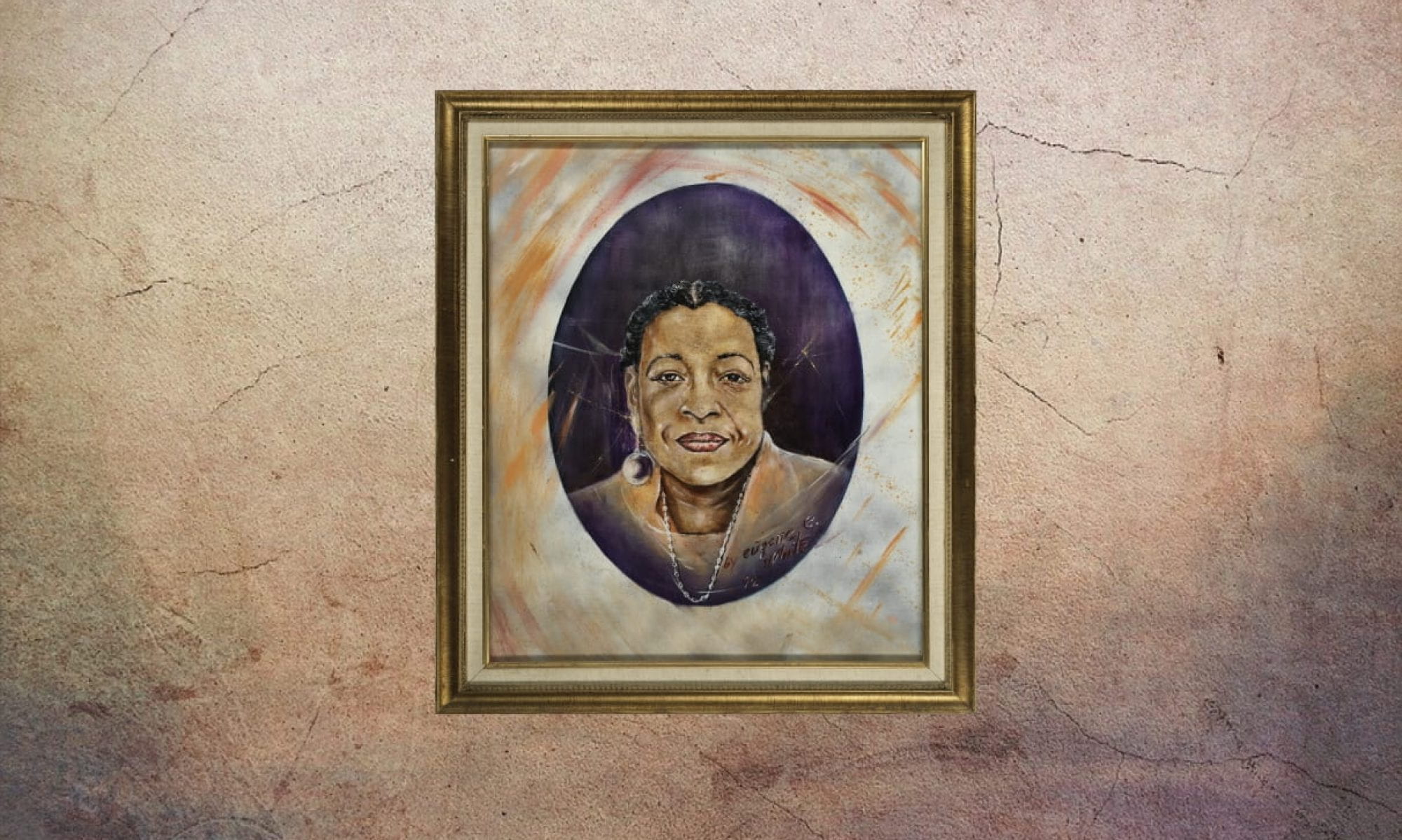
LeRoy King was a devoted public servant whose only goal was to improve the lives of those who he served, considered “a tireless advocate for our communities and a champion for our residents” by Congresswoman Nancy Pelosi. LeRoy King was a pillar in San Francisco—especially in the Fillmore. He fought for the civil rights of both Asian Americans and African Americans, as he strove to improve workers’ rights and advocate for affordable housing.
Born September 9, 1923, in Fresno, California, King describes Fresno as being comparable to the deep south in terms of segregation and racism. It’s important to note that instead of becoming a sour person, he used the injustices acted out against him as inspiration for his activism later in his life. At age 17, King moved to the city of San Francisco to live with his sister while he attended City College. Before his life of advocacy, he was drafted at the age of 19 into the US Army 101st Airborne Division as the U.S. was drawn into World War II. He fought in the European theater for the majority of the war, and was a part of one of the most important battles of the war, the Battle of the Bulge. He fought alongside other African American soldiers, having been assigned to an all-black unit where he remembers not being allowed to carry weapons during the end of the Battle of the Bulge, unlike the all-white unit. At the conclusion of the war, King moved back to San Francisco to work as a warehouseman, where his life of advocacy would begin. It was difficult for him to hold a home in the city because his beloved wife Judy Paton, was white. It is because of their interracial marriage, that King family was forced to move—on nine different occasions in their first year of being married—displaying both their commitment and their fortitude.
King joined the International Longshoremen’s and Warehouse Union (ILWU) in 1946, quickly becoming a “distinguished labor and civil rights leader whose passion for justice and commitment to equality improved the lives of working women and men in San Francisco and throughout the country.” King was joining a union that became a beacon of leadership in the city during the civil rights movement. With advocates such as Harry Bridges and Bill Chester among their ranks, King would join them in reshaping labor practices in San Francisco. Even with this star-studded cast, King made an impact in the ILWU: “He helped overcome [discrimination in the union] by forming a coalition of Local 6 members that included Curtis McClain, who helped pass reforms that made it possible for black members to win elections and appointments in their union.”
From a young age King understood that his actions would improve the lives of others. To him being selfless was more important than individual recognition. In 1947 when Paul Robeson was banned from performing in the San Francisco Opera House for his leftist views, King provided venues for him at local black churches, a testament to his selflessness. In 1963 King helped to establish the St. Francis Square Cooperative Housing Development, which was funded by the ILWU. It was one of the earliest funding sources dedicated to low-income housing in the United States. It would later become the basis for similar projects nationwide. King truly believed in its potential, and resided there until his death, along with four generations of his family.
Starting ILWU’s Local 6, King quickly rose through the ranks, becoming the secretary–treasurer of the local, and he would eventually take up the mantle of the Regional Director for Northern California, a position he’d occupy until his retirement from the union in 1993. King held many responsibilities as Regional Director of the ILWU. In 1980 he was appointed to the San Francisco Redevelopment Commission by then-mayor Dianne Feinstein. Reappointed by five different mayors, he served until the agency’s dissolution in 2011, encompassing 30 years of service.
King received many awards. In 2009 The National Education Association honored him with its Human and Civil Rights Award for his lifetime of social justice work. And finally in 2014, the 108 year-old carousel in the Yerba Buena gardens was renamed to the “LeRoy King Carousel” in observance of his remarkable work to preserve African American and Japanese American heritage.
A personality consisting of honesty and direction, King was able to appeal to many high level politicians as a colleague, allowing him to be more effective in the legislative sector. LeRoy played a key role in the development and furtherance of minorities in the San Francisco area. It is safe to say that advocates like LeRoy are the reason the city is in the progressive position it is in today. LeRoy King will be remembered as an influencer for social justice and equality for all.
— Jesse Cortes
Works Cited
“Dedication Honors ILWU Leader LeRoy King.” International Longshore and Warehouse Union. 22 May 2014.
Garofoli, Joe. “LeRoy King, Longtime S.F. labor, Civil Rights leader, dies.” SF Gate. 14 Jun 2015.
“Labor and Civil Rights LeRoy King, 91” Oakland Post. 23 Jul 2015.
“Pelosi Floor Remarks on the Passing of LeRoy King.” States News Service. 17 Jun 2015.
“Pelosi Statement on the Passing of LeRoy King.” Press Release. 13 Jun 2015.
